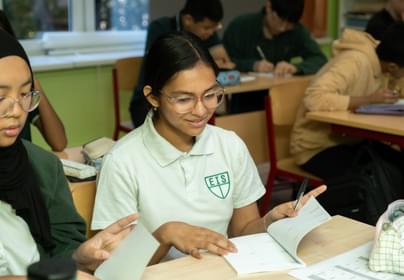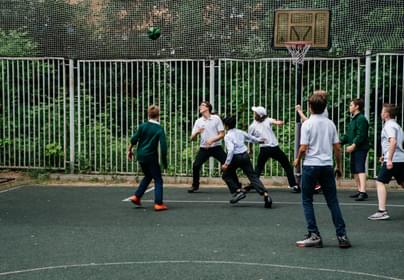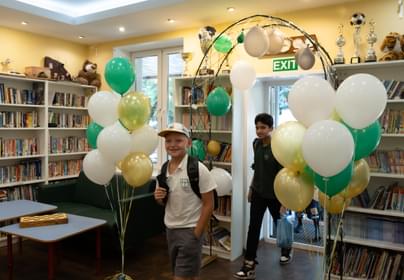SCIENCE
This week Year 8 studied mixtures and methods of their separation.
The students investigated how iron parts can be isolated from a mixture using a magnet. They made a mixture of iron filings and sulphur. Here is what they were able to see:
We also talked about another method of separation called evaporation. It is used to separate a soluble substance from the mixture. For example, to separate copper sulfate from its solution. We prepared this solution and then heated it using a burner.
Another method we studied was paper chromatography. This method was introduced as the one used to separate individual pigments from a mixture of dyes. Then the students worked in pairs and chose several colours (felt tips and highlighters) and carried out this experiment. They could see that some pigments were highly soluble in water and, therefore, could move freely up the paper. However, the ones which are only slightly soluble (or even insoluble) did not move at all or moved just a bit.
Everyone enjoyed our session and demonstrated good practical skills. Well done, Year 8!
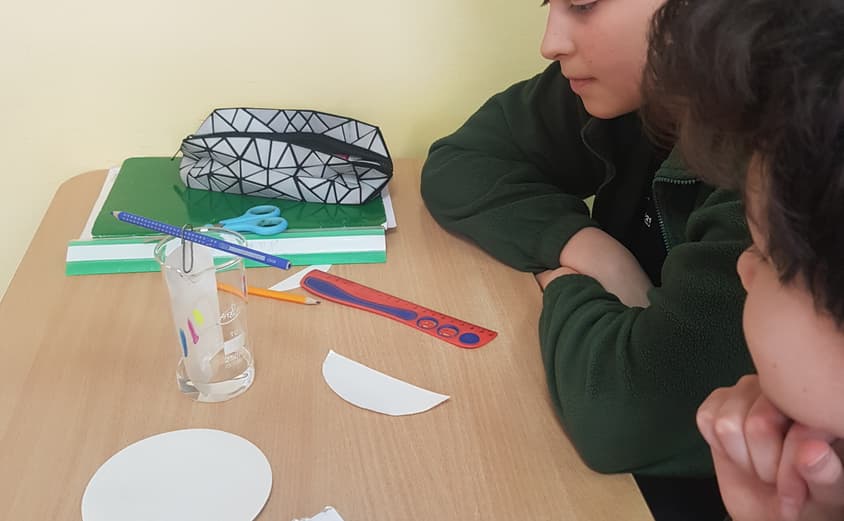
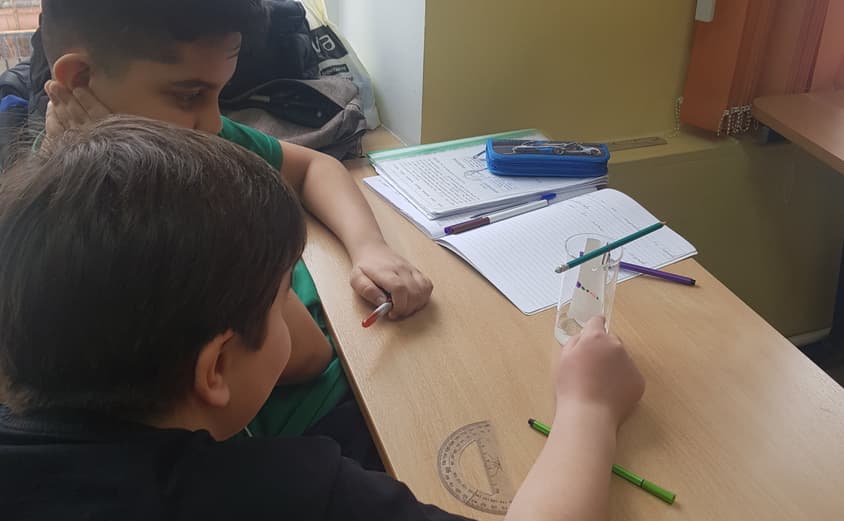
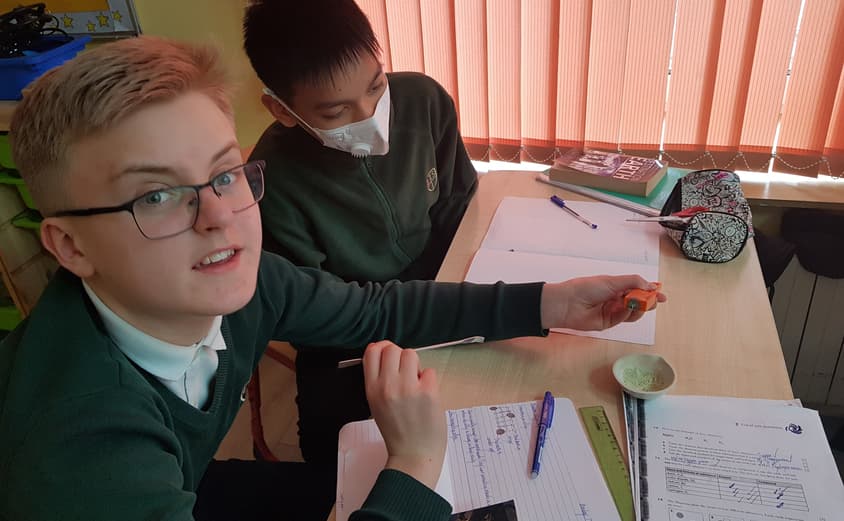
HUMANITIES
Year 7
Year 7 students learned about Earthquake and their focus in this subtopic was on plate tectonic movement where by students develop and ability to explain three type of plate tectonic movement and Geographical features associated with those three movement. Furthermore year 7 Students demonstrated their understanding of the major areas that are exposed to earthquake in the world. .
Year 8
Year 8 students begins new terms by studying about Tourism. In this topic students have learned about types of tourism and factors that lead to the development of tourism in the world. They have discussed factors that lead to the decline of tourism in the world specifically because of the Covid-19 and the decline of world economy in the past year and the year 2021.
Year 9
Year nine students have begun studying about the role of Foreign Aid in economic development. They have covered different terminology associated with this subtopic such as Non-Governmental Organizations (NGO), Donors, Recipients and Multi Governmental Organizations (MGO). Also students have had an opportunity to discuss about types of Foreign Aid sent to developing countries by developed countries.
Year 10
Year 10 students learned about the factors that lead to the established of industries in Pipri, Pakistan. Student have had an opportunity to use a geography map of Pakistan and make an analysis of the steel industry location. They have also learned about the Hi-Tech industry and what are the factors that determine the location of industries which produce goods like computer and electronic devices. .
Year 11
Year 11 students have finished the topic of river by looking at how river flooding can be managed using both soft and hard engineering methods. This week also year 11 have started the new topic which is Population and Settlement. In this topic students have developed the knowledge of various definition of population and how population distribution are impacted by various factors.
DRAMA
In drama this week the students have been wrapping up their various film projects including their personal videos. The students are beginning a new unit which they will be examining the struggles and adventures of being teenagers. It is going to be a great project and we are looking forward to the interesting weeks ahead.
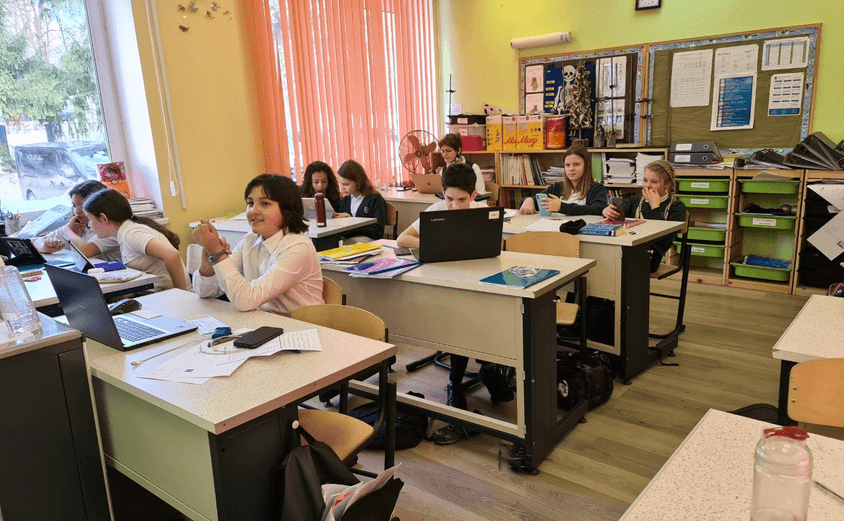
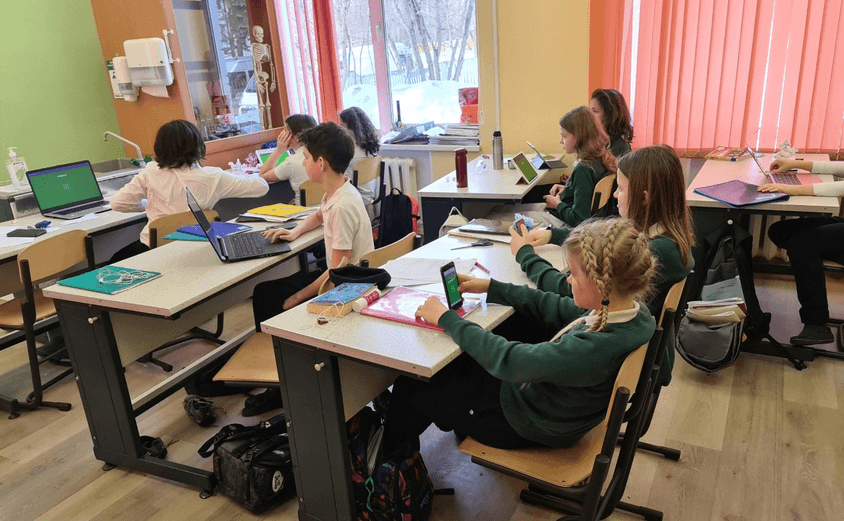
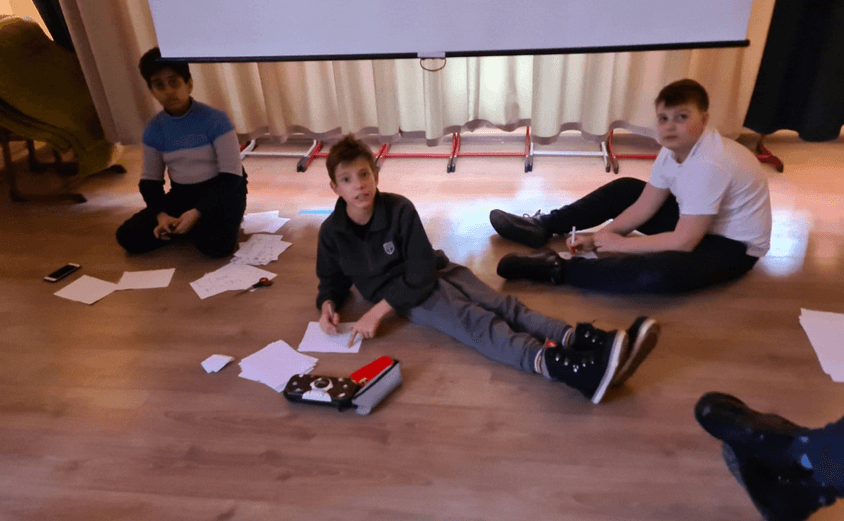
MATHEMATICS
This week Year 9 students have been challenged with various questions involving speed, distance and time. They started with simple questions and worked their way up to more difficult ones requiring setting up simultaneous equations and solving those applying different methods.
Year 11 students continued to learn about graphs transformations and have learnt about vertical, horizontal translations, reflections in the x and the y-axis and how graphs stretch if we change the coefficient of the variables.
Year 12 and 13 students coincidentally have been studying topic Differentiation in Pure component of the course and learnt how to set up differential equations and how derivatives are applied in solving real life problems such as calculating various rates of change.
RUSSIAN
It was a literary week for Year 10. We learned a lot of interesting facts about Alexander Pushkin and dueling rules. Also the students continued reading «The Tales of the Late Ivan Petrovich Belkin». Well done, Year 10!
«In Russian language for the book week we studied and explored Pushkin literature. We dug down to history of his life and discovered many details about Pushkin» - Tigran, Y10
Today in Russian lesson we were learning about Pushkin and we found it amazing, interesting and fascinating. We also read the novel «The Shot» and it was great!» - David, Y10
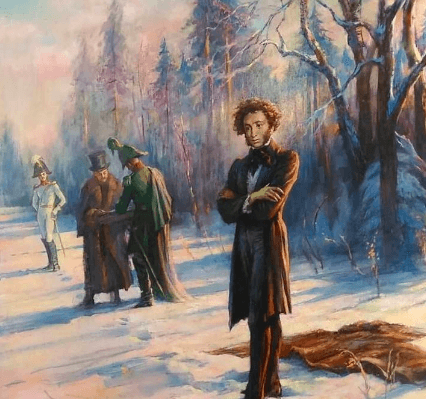
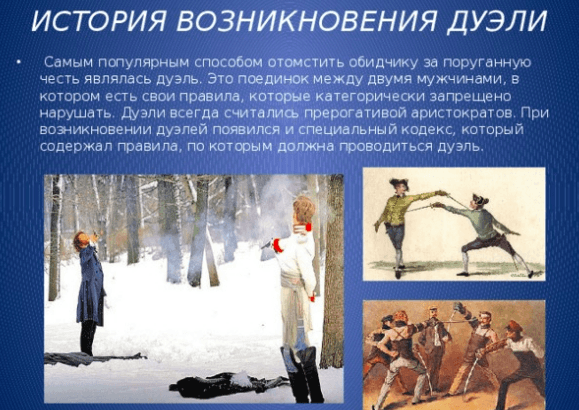
ICT
This week in ICT Year 8 started Hyper-Text-Markup-Language and were looking at the various tags needed within a webpage they were doing this using the website codeacademy.com. Year 9 completed the internet research task related to their favorite sport and finding out information then they looked at a list of websites and decided whether the information was factual and the reason behind it. Year 7 were excited to start coding using JavaScript and managed to create an account with repl.it. Moreover Year 13 were finishing of the research on Emerging Technologies including artificial blood vessels, biometrics, 3D printing and started writing up their reports.
MUSIC
In secondary, Year 7 have been learning about Form and Structure. We talked about Question and Answer Phrases in music. The students composed their own phrases and recorded their ideas in staff notation. Year 8 have started learning about Dance Music. The students explored the history of Tango, musical instruments and musical features of Tango music. Year 9 have been learning about Samba. The students learned some interesting historical facts about Samba music and they practiced ‘Samba De Janeiro’ on the keyboards.
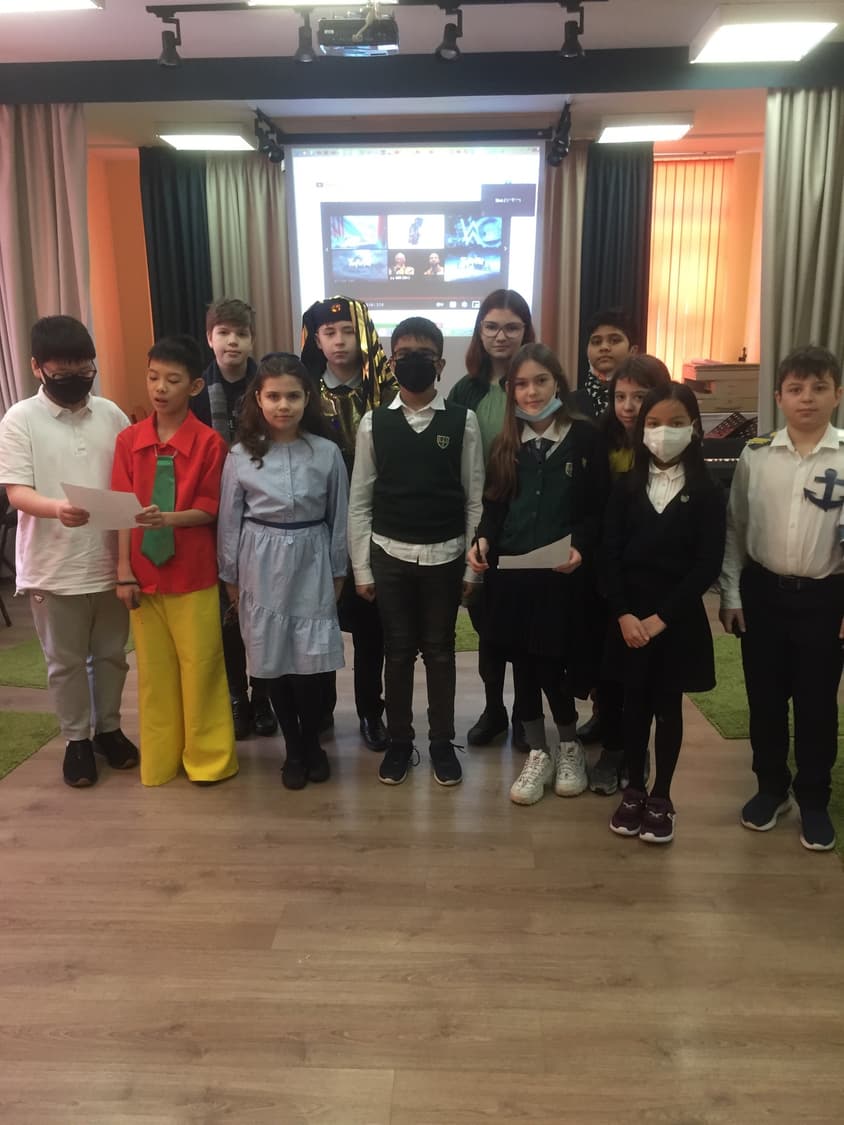
FRENCH
In Year 7, we are getting ready for our test about “La conjugaison”. We learnt how to use correctly verbs in French according to the good group. We listened a song from Patricia Kaas Mon mec a moi https://www.youtube.com/watch?v=2bAMyiaIwNk Students had to write correctly the ending of the verbs.
In Year 8 and Year 9, we did the correction of our previous test about “ La conjugaison”. It is a good way to understand the mistakes and how to improve. After that, we studied how to ask the question “Who?”, in French “Qui?”. We learnt how to answer the question with “it is : C’est “ To practice, students had to ask question to each other.
In Year 10, we started a new topic ‘My school and my daily routine “. We learnt how to say the time in French. We used a clock and learnt the different ways to say it’s midnight, it’s 1 o’clock etc After that, we spoke about the school timetable. We studied the name of subject: Littérature, mathématiques, EPS, SVT, Langues vivantes.
We listened to an audio track about kids speaking about their timetables. We had to write if the answer was correct or not. It was a intensive day in Year 10 but they did it! Well done Year 10!

